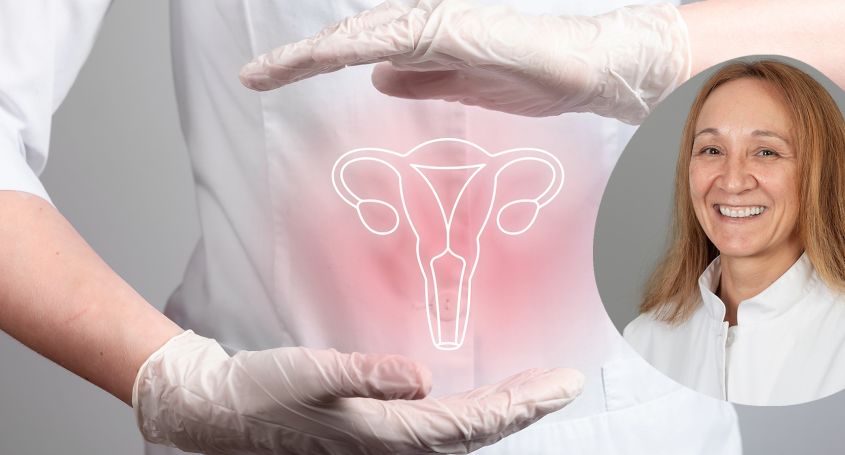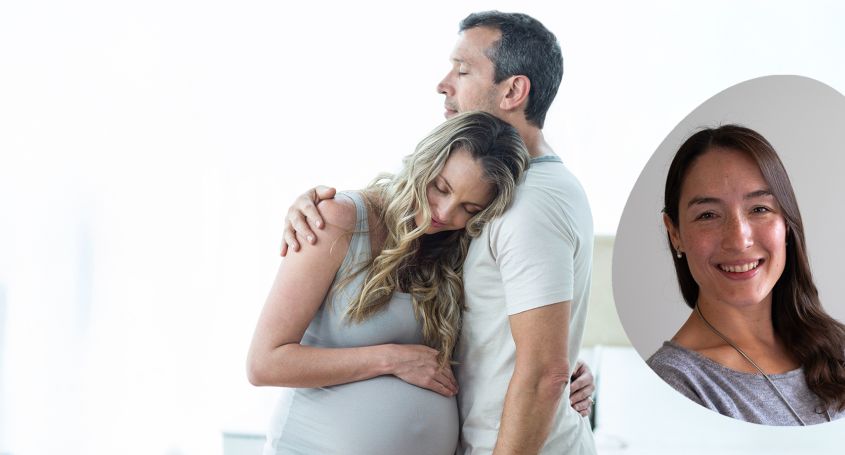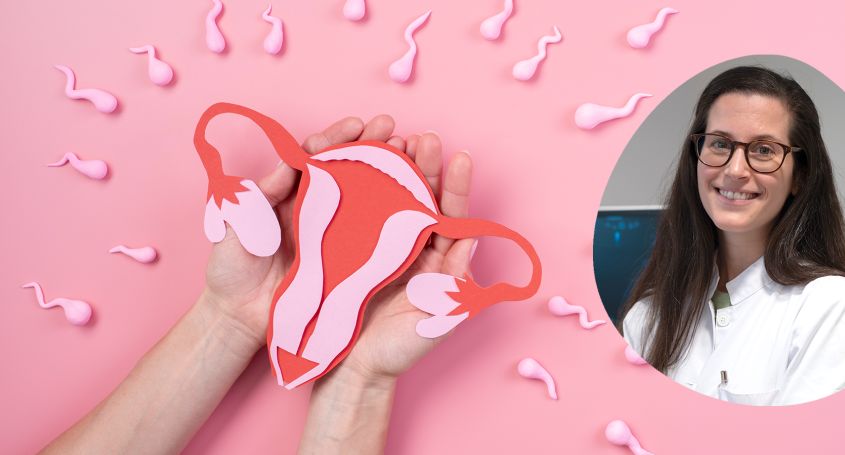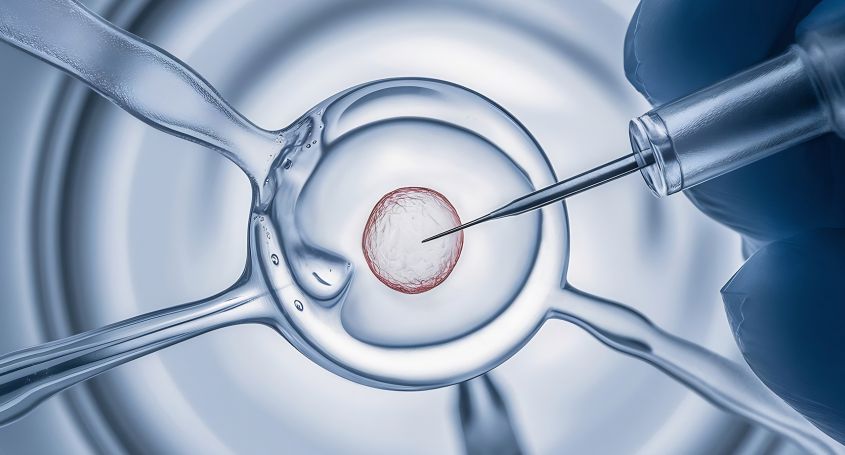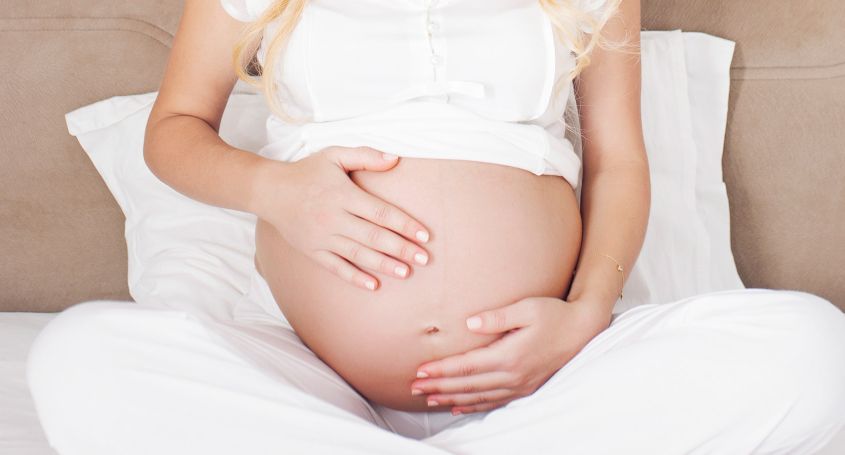Interview with Dr. Marta Colodrón
Endometriosis is a gynecological disease that affects millions of women in the world and can influence their fertility. Its diagnosis remains challenging, and its impact varies from patient to patient.
To better understand its relationship with fertility and to know the options available in Assisted Reproduction , we have spoken with Dr. Marta Colodrón, gynecologist expert in fertility and Assisted Reproduction at Barcelona IVF , who offers us a clinical perspective on the most recent challenges, treatments and advances in the approach to endometriosis.
How does endometriosis impact women's fertility and what are the main challenges they face when trying to conceive?
It is estimated that between 2-10% of women of childbearing age have endometriosis, but not all of them will have infertility problems. When we narrow down the prevalence in women with fertility problems, we see that between 30 and 50% will have a diagnosis of endometriosis.
Endometriosis is a chronic disease and has a wide range of symptoms, which can be different in each woman and the way it affects her fertility can also be diverse.
Pain is one of the characteristic symptoms and only this symptom can affect fertility, since there are women who feel pain when having sex and this makes it difficult for them to conceive. There may also be purely mechanical problems, such as tubal obstruction due to adhesions or alterations in ovarian reserve and quality in the case of endometriomas.
What are the most effective treatments for women with endometriosis who want to become mothers?
We must be aware that endometriosis is a hormone-dependent disease, so the premise should always be: to carry out the most effective treatment to shorten the "time to pregnancy" as much as possible and avoid prolonging treatments with hormones that are less effective such as ovulation induction or intrauterine inseminations.
It would have to be individualized, but a priori, after a period of unsuccessful natural pregnancy, which does not exceed 6 months, IVF would have to be done directly.
Are there options within assisted reproduction that can help improve your chances of pregnancy?
Nowadays we have different drugs and protocols to optimize IVF results, trying on the other hand not to aggravate the progression of endometriosis. As I said before, you have to reduce the time until pregnancy as much as possible.
In terms of diagnosis, what specific tests are performed to assess fertility in women with endometriosis and how do they determine their impact on fertility treatments?
Current advances and research are focused on early diagnosis.
Once endometriosis is established, it is easy to diagnose it by imaging tests (ultrasound, MRI), but the challenge is to suspect it in early stages in young women, who do not yet have a reproductive desire to be able to take preventive measures both for the evolution of the disease and for fertility problems. There are publications on blood detection of circulating microRNA that has a diagnostic specificity similar to laparoscopy.
Diagnosing it so easily and early in an adolescent cannot prevent progression by giving contraceptives, which is the treatment of choice when there is no reproductive desire and, on the other hand, advising fertility preservation through oocyte vitrification at an appropriate age.
Good medicine must be focused on prevention and early detection.
Is it possible that surgery to treat endometriosis improves the chances of pregnancy in affected women? In which cases is surgery recommended over other fertility treatments?
With regard to surgery, we are increasingly conservative, since we know that endometriosis is a recurrent disease, which does not disappear with surgery. The main indication for surgery is pain and interventions are made focused on this (release of adhesions, excision of recto-vaginal nodules...). Infertility per se is not a direct indication, on the contrary, the fact of operating on ovarian endometriomas reduces the ovarian reserve because part of healthy tissue is always removed. They are only operated on if they are injured, if there is suspicion of malignancy or if due to size and location they prevent adequate access to the follicular puncture.
Endometriosis surgery is focused on reducing symptoms such as pain but not on improving fertility.
What advances in the field of assisted reproduction have shown better results for women with endometriosis? What innovations are at the forefront of improving success rates?
Advances in Assisted Reproduction are common to all causes of infertility. Stimulation protocols, improvements in culture media and incubators, the best way to select embryos.
What has improved the results is not so much the technology, but the better understanding and interpretation of the disease. I would summarize it in 3 paradigms:
- Treat all women who do not wish to become pregnant with contraceptives from diagnosis.
- Once there is a reproductive desire, do not let too much time pass if pregnancy is not achieved naturally and directly carry out the most effective treatment option in each case.
- Surgery should be indicated only if it is essential and in order to improve the woman's quality of life, not to improve fertility, since it has been seen that in the latter case, the result can be the opposite.
Knowledge and a personalized approach are key to improving the chances of pregnancy in women with endometriosis. Thanks to advances in Assisted Reproduction and a better understanding of the disease, it is increasingly possible to offer more effective strategies to reduce its effects and optimize fertility treatments.
We thank Dr. Marta Colodrón for sharing her experience and knowledge, helping to shed light on a disease that continues to be a challenge, but for which advanced medical solutions exist today.
